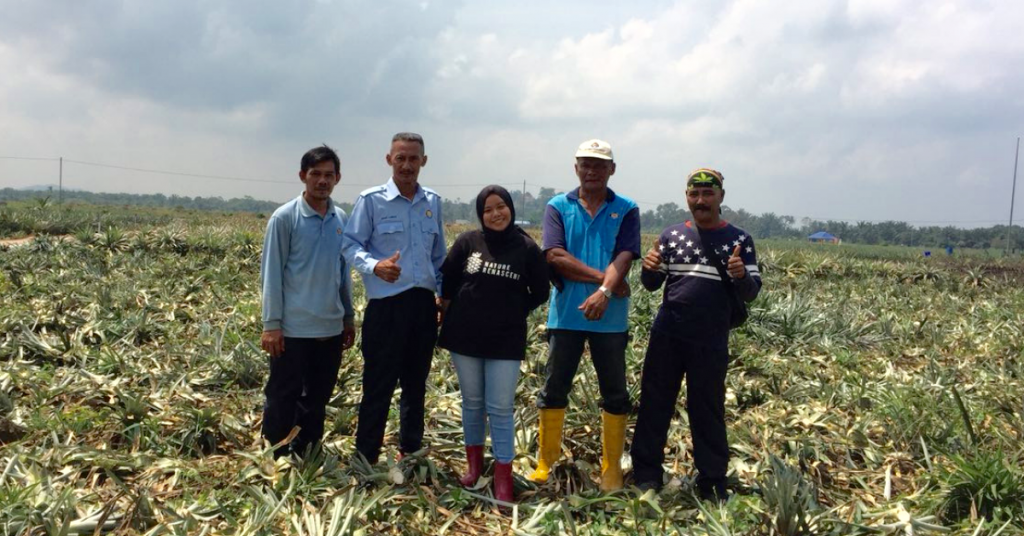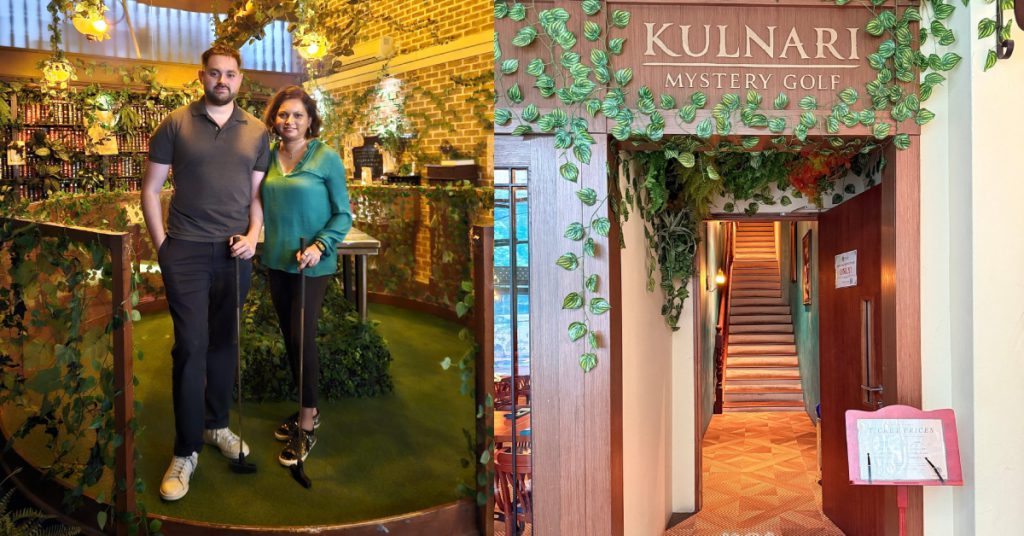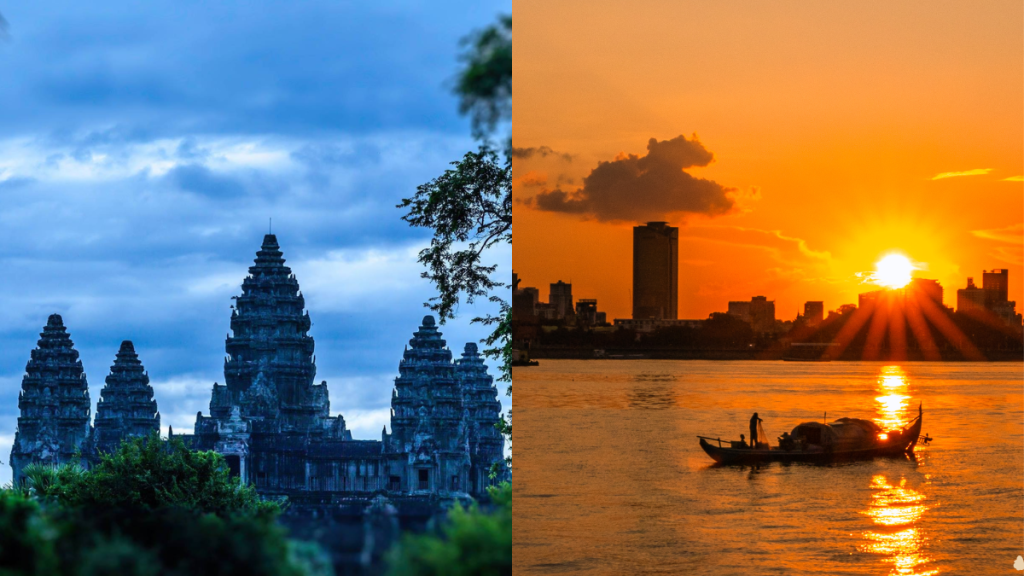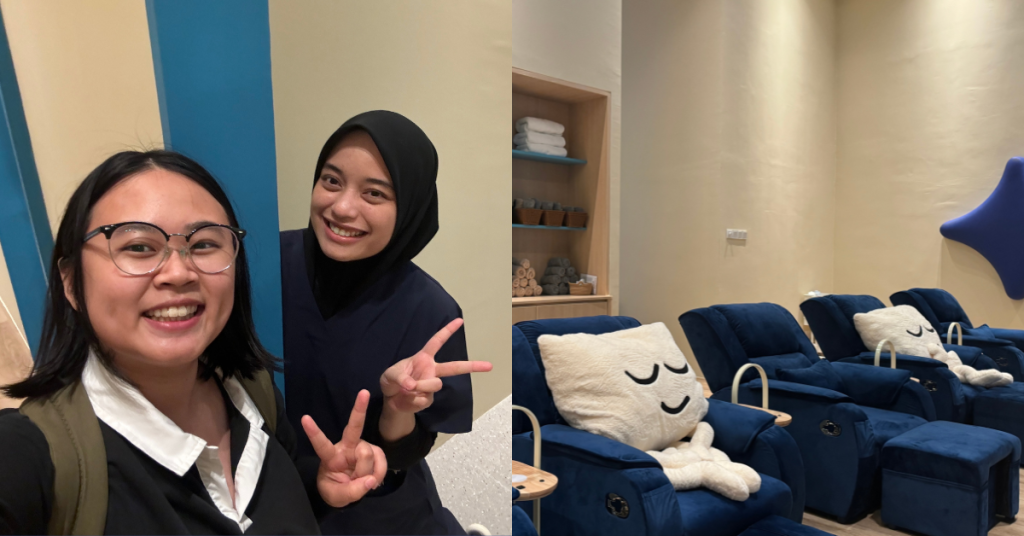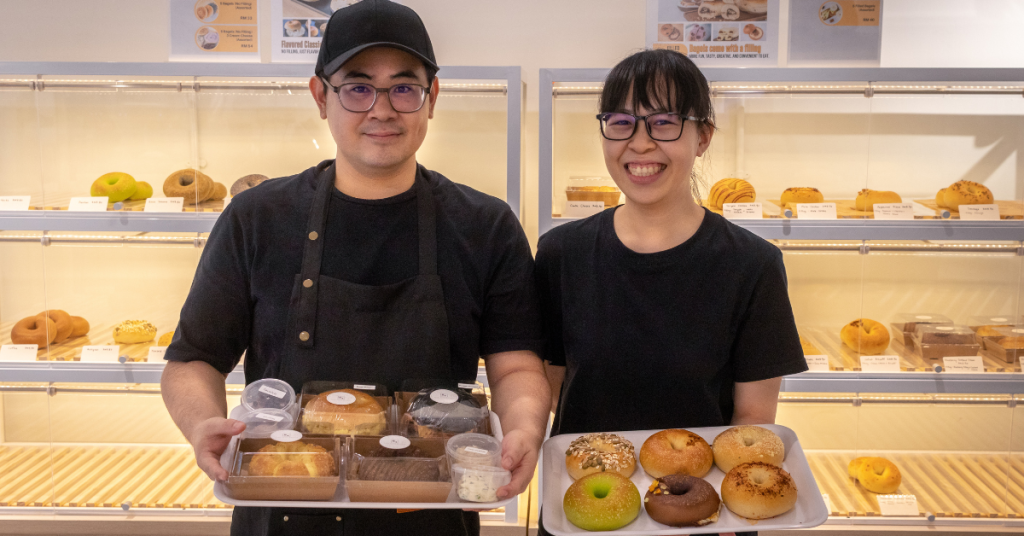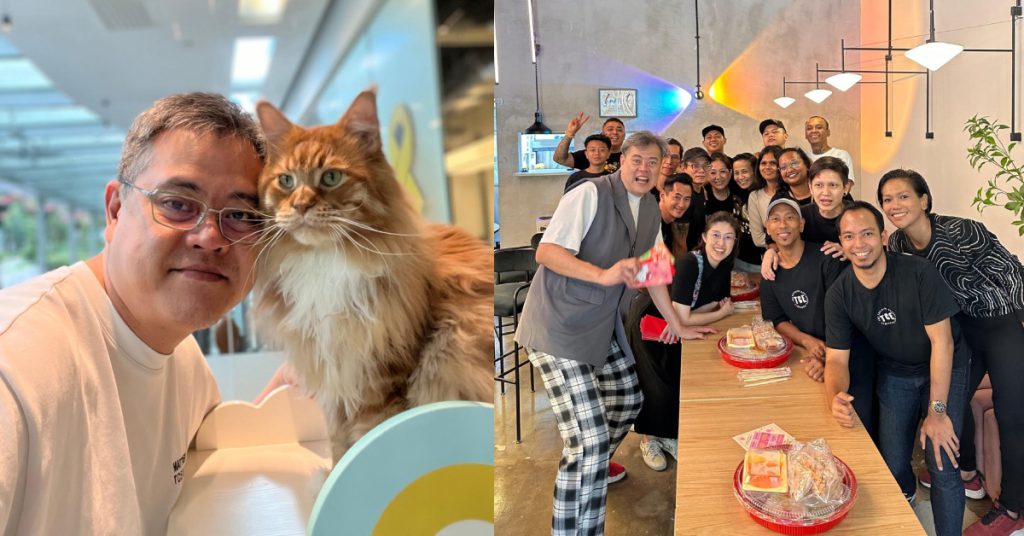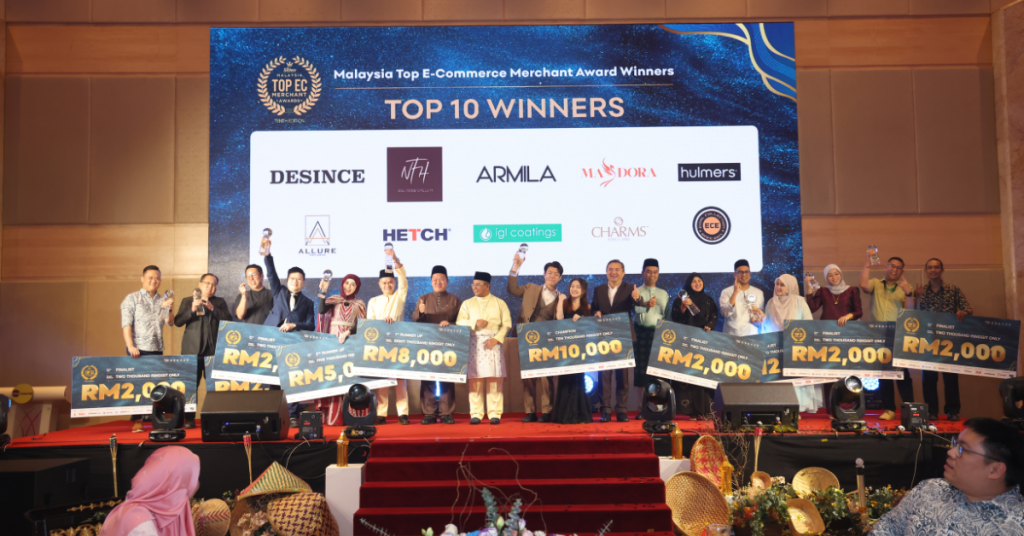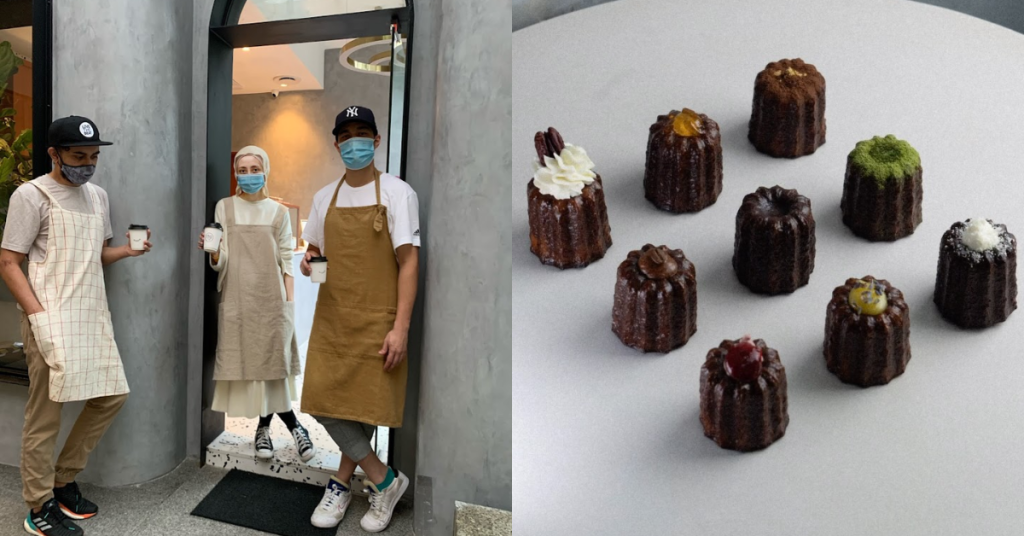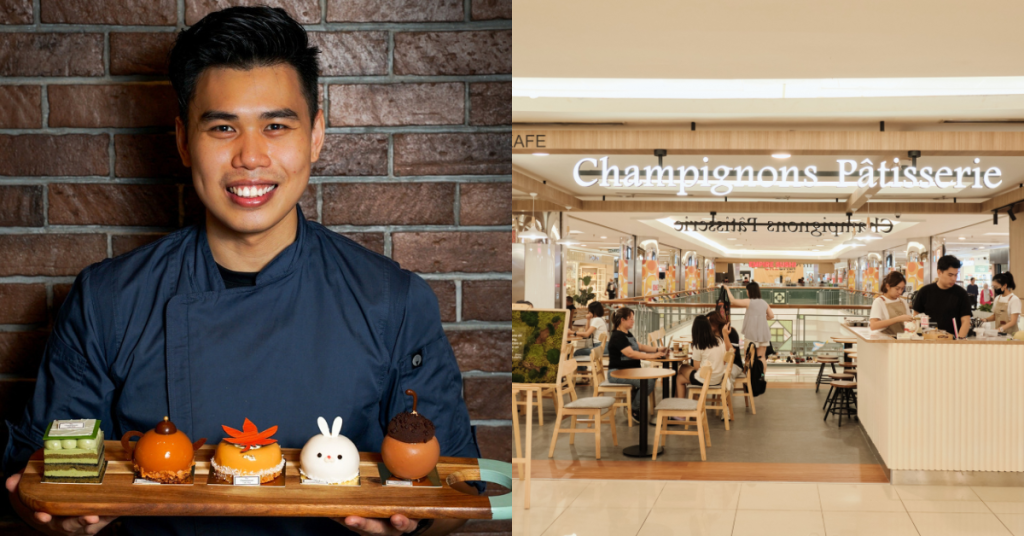- Nature Renascent’s Asna Nabihah Aziz recently won MaGIC’s pre-accelerator bootcamp for female founders.
- They use pineapple waste in order to make products, including paper.
For most of us, our university days were littered with a combination of learning experiences along with some pretty extreme (embarrassing) ones. Then again, university is meant to be the stage of life where you discover yourself, find your calling, and go through a microcosm of what life is going to be like.
For Asna Nabihah, she found her calling in a rather unorthodox manner. While coursemates and peers were opting for more conventional final year projects, she pulled her lecturer aside to ask a simple question: could she work on a project that would identify the real potential of agricultural waste in Malaysia?
Her first question led to two more: Why is there a lack of business interest when it comes to agricultural waste in Malaysia, and is it a lack of interest or is technology not at that point yet?
Seeing Demand Where All Anyone Sees Is Over-Supply
Well, the latter obviously isn’t an issue, and Asna then decided to go through with it—right out of university. She started Nature Renascent, a company that uses agricultural waste (mostly pineapple) to manufacture a variety of products.
Initially beginning with tourist merchandise, she soon realised that it wasn’t going anywhere after travelling on her own vacations.
Asna ultimately settled on a 3-pronged approach: help local farmers generate income, prevent the open burning of waste, and most importantly, to reduce the amount of trees being cut down in Malaysia.
How? She makes paper from pineapple leaves.
She mainly utilises the waste from pineapple leaves as Nature Renascent is based in Johor—the state with the largest pineapple plantations in the country. According to her, “We also use banana stems, bamboo, and we’re currently developing a new fibre that is still under R&D.”
What Fuels The Entrepreneurship Drive?
When it comes to budding entrepreneurs, they’re often driven by something pretty powerful. How else would they make it? Ambition, passion, or even money—it all forms the base of a successful business.
In Asna’s case, that driving factor is her family. As she mentioned to me, “We love travelling, art, and especially nature.”
For their family, travelling anywhere also included buying unique, local souvenirs for family and friends. However, the experiences with her family also came with a sad realisation for her: most of the products that she buys in Malaysia isn’t actually made in Malaysia.
“So I wanted to create something that was 100% made in Malaysia. From scratch up to the end product.”
– Asna
Her business is entirely self-funded, with Asna confiding that it amounted up to RM15,000. She makes it work—what people see as agricultural waste, Asna sees free materials. Most of her funds go towards turning the waste into merchandise (a process that costs a lot more than you’d think).
Getting Close To The Brink Of Giving It All Up
Asna named three things as her main challenges: perception, awareness, and recognition. The difficult thing with reusing waste materials to make new products, is how people view such products.
She tells me, “The cost is high since most of the manufacturing processes are manual. But in people’s minds, our product is made from waste so they should be cheap.”
Balancing this difficult situation, she’s often felt like throwing in the towel.
“Sometimes I feel like I want to give up. Just find a 9-5 job, and just save money instead.”
There’s a fine line between persevering to success, and stubbornly refusing to cut your losses. As for Asna, the turning point where things started going upwards was a feature on TV3’s program, Wanita Hari Ini.
Once that happened, interest in Nature Renascent began to spike. How did she react to the upturn in fortunes? “My heart started to flutter again. I realised that it’s okay to take a step back, start all over again, and then watch it grow.”
Subsequent recognition, including being announced as one of 3 winners for the Malaysian Global Innovation & Creativity Centre (MaGIC)’s pre-accelerator bootcamp for female founders, has only served to stoke Asna’s appetite for more.
If You Stay Stagnant, You Move Backwards
Getting recognition from MaGIC and the media in general has been great for Asna, but she intends to grow Nature Renascent even further.
She says, “While most of our customers are from government agencies, we focus on making custom made products such as business cards, textiles, and lots more.”

Then again, she intends to start reaching a wider audience, with her stated focus on sustainability, Malaysian-made products, and the environment playing a huge role in the business.
Currently, plans are underway for a new brand, Pal-My (Pineapple, Art, Love—Malaysia), that will serve as a litmus test before they begin industrial mass production. Focusing on making notebooks and handbag that are made from pineapple agricultural waste, Asna hopes that this will serve as a stepping stone, before they expand into even more products.
The common denominator between their current products and what’s to come? They’ll be made from agricultural waste and be environmentally friendly.
- You can find out more about Nature Renascent on their Facebook page.
- They are also looking to collaborate on green-initiative projects, and are open to new partners/investors.



